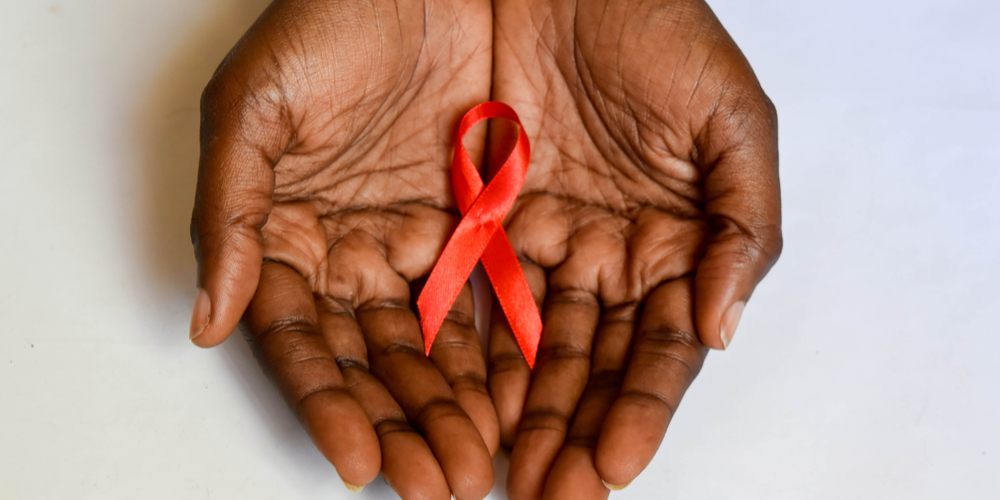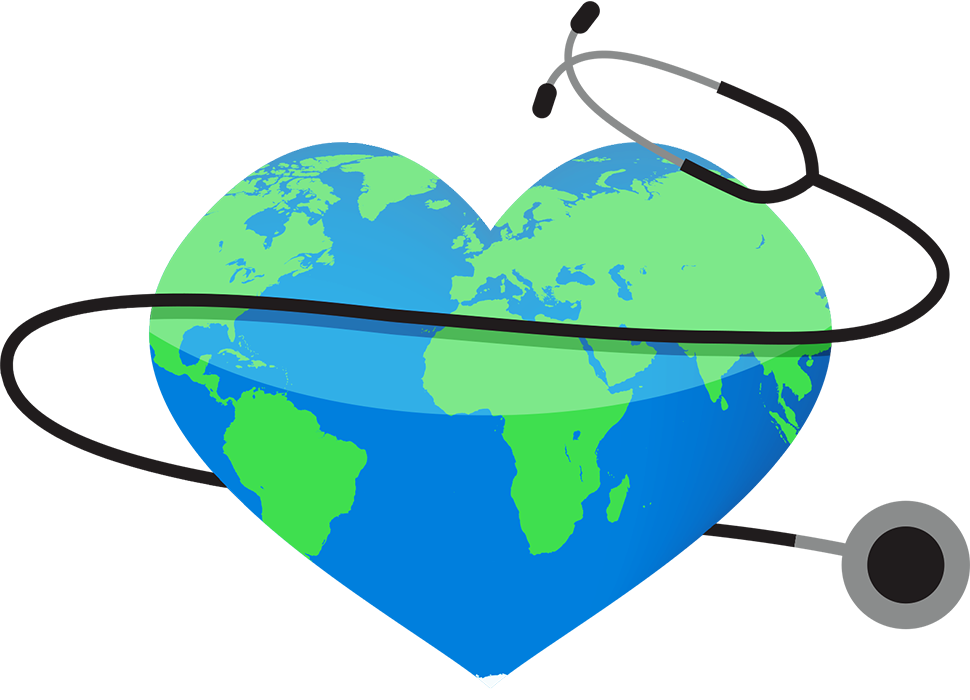
HIV and AIDS
What are HIV and AIDS?
HIV is a viral illness, which attacks the human immune system; the body becomes weaker over time and is less able to combat infections and illnesses.
When the immune system is so weak that it can no longer function, a patient is diagnosed with AIDS. AIDS stands for Acquired Immune Deficiency Syndrome and is a direct result of the HIV virus.
People with AIDS often suffer from serous illnesses which develop as a result of the weakness of the immune system.
AIDS is also determined by the number of CD4, or immune system cells in the blood; when this number falls below a certain point the HIV sufferer is said to have AIDS.
Statistics
HIV is one of the developing world’s biggest killers, with an estimated 2 million deaths each year. HIV is particularly prevalent in Sub-Saharan Africa, where approximately 1.8 million deaths occur as a result of the illness each year. There are currently more than 30 million people in the developing world suffering from HIV and Aids.
Why are HIV and Aids so common in the developing world?
The most common cause of HIV and AIDS is a widespread lack of education; most people are unaware of the dangers associated with HIV and AIDS until they are already infected with the disease.
In addition to this, most are unaware of the precautions they should be taking to prevent the spread of infection; this includes the use of contraception and measures to prevent the transfer of infection through bodily fluids.
Unfortunately, these diseases can often be passed down through generations, with many babies being infected before they are born.
People in the developing world also lack the necessary resources to stem the spread of these infections; these include contraceptive measures and sterile instruments and waste disposal systems.
Is there a cure for AIDS?
While there are measures that can be taken to boost the immune system in an affected patient, a cure for AIDS remains unfound.
Preventive measures such as using contraception and being mindful of using sterile equipment can dramatically reduce the likelihood of suffering from HIV and AIDS and therefore these guidelines should be followed carefully.
Help to combat HIV and AIDS
Several charities including UNICEF, Oxfam and Action Aid raise money to fund AIDS awareness initiatives each year; their constant work helps to educate people in the developing world and provide valuable care for those who have already been diagnosed with these illnesses.
Ministers of the G8 countries also pledged to increase the financial and practical resources to help combat the AIDS epidemic in the developing world; this aid includes providing essential medication and treatment as well as important educational programmes and resources.
